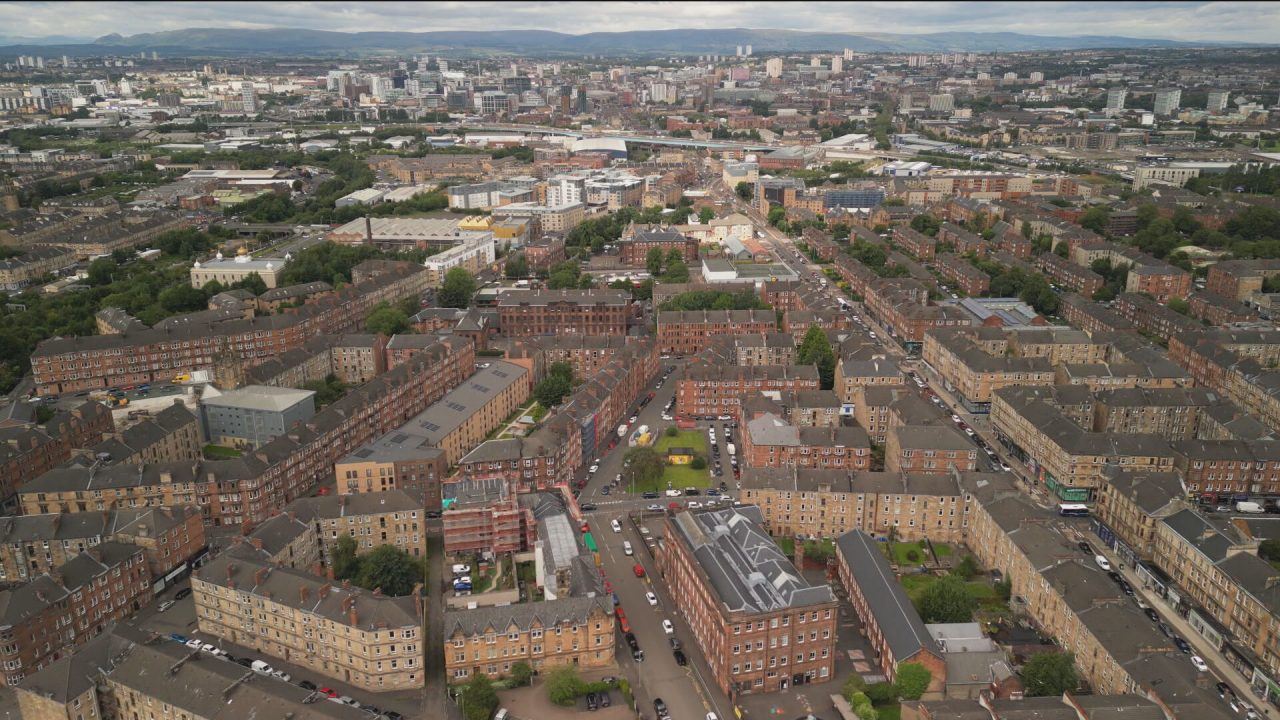Death rates in the most deprived areas of cities in England and Scotland have been increasing since the start of the last decade, widening inequalities between the richest and poorest in society.
The new study, led by researchers at the University of Glasgow in collaboration with colleagues from Public Health Scotland, is the first of its kind to compare mortality rates in cities across the UK and “paints a concerning picture” of worsening health in the most deprived areas.
Until now evidence of mortality inequalities in the UK – the difference in death rates between the wealthiest and poorest areas – has been shown at a country-wide level, with only Scottish cities analysed more closely.
This study, published in the European Journal of Public Health, marks the first time mortality rates in English cities have been looked at in greater detail, offering a fuller picture of death inequalities across the UK in the 21st century.
The data showed significant changes to mortality inequalities between the early 2010s and 2020 in all UK cities included in the study: Birmingham, Bristol, Leeds, Liverpool, Manchester and Sheffield in England, and Aberdeen, Dundee, Edinburgh and Glasgow in Scotland. Researchers excluded London from the study due to its vastly different size.
Researchers found that in each city the death rates in the most deprived areas started to increase from around 2012, with some cities – Leeds, Liverpool, Edinburgh, Dundee and Glasgow – showing stark inequalities between the least and most deprived areas.
In the same period, premature mortality (death before the age of 65 years-old) also notably increased in the Scottish cities included in the study.
The data also showed that mortality rates were particularly increasing among women living in the most deprived areas, particularly notable in Leeds, Liverpool and Edinburgh.
The study adds to the now considerable evidence base that shows the harmful impact of UK Government austerity policies – cuts to social security and funding of vital public services – that were first introduced in 2010, and which have had devastating effects on the health, and death rates, of the poorest in society across different parts of the UK.
The final year included in the study, 2020, showed a further increase in mortality rates, once again particularly in deprived areas, attributed to the impact of the COVID-19 pandemic.
Study lead Dr David Walsh said: “Our analysis provides a hugely concerning picture of worsening mortality and widening inequalities across England and Scotland. When viewed in the context of the evidence for the impact of UK Government austerity policies on population health, they must be a wake-up call for the current UK Government. We cannot continue to fail the poorest and most vulnerable in our society.”
Co-author Professor Gerry McCartney said: “The scale of the changes mean that the UK has now entered a new era of health inequality. As the UK Government debates future economic choices, they need to understand the evidence of the harm that cuts to social security and vital services have had on communities up and down the land.”
Health Inequalities research at the University of Glasgow is focused on the persistent and unfair gaps in health and wellbeing between different groups in society. Our researchers seek to understand what causes health inequalities and how we can best tackle them, together.
Working with a range of population groups, alongside data on key health outcomes and diseases, our teams are working to better understand inequality through research.
The study, ‘A new era of inequality: profound changes to mortality in England, Scotland and 10 major British cities’ is published in European Journal of Public Health. The work was funded by the Glasgow Centre for Population Health (GCPH).
Follow STV News on WhatsApp
Scan the QR code on your mobile device for all the latest news from around the country


 STV News
STV News























